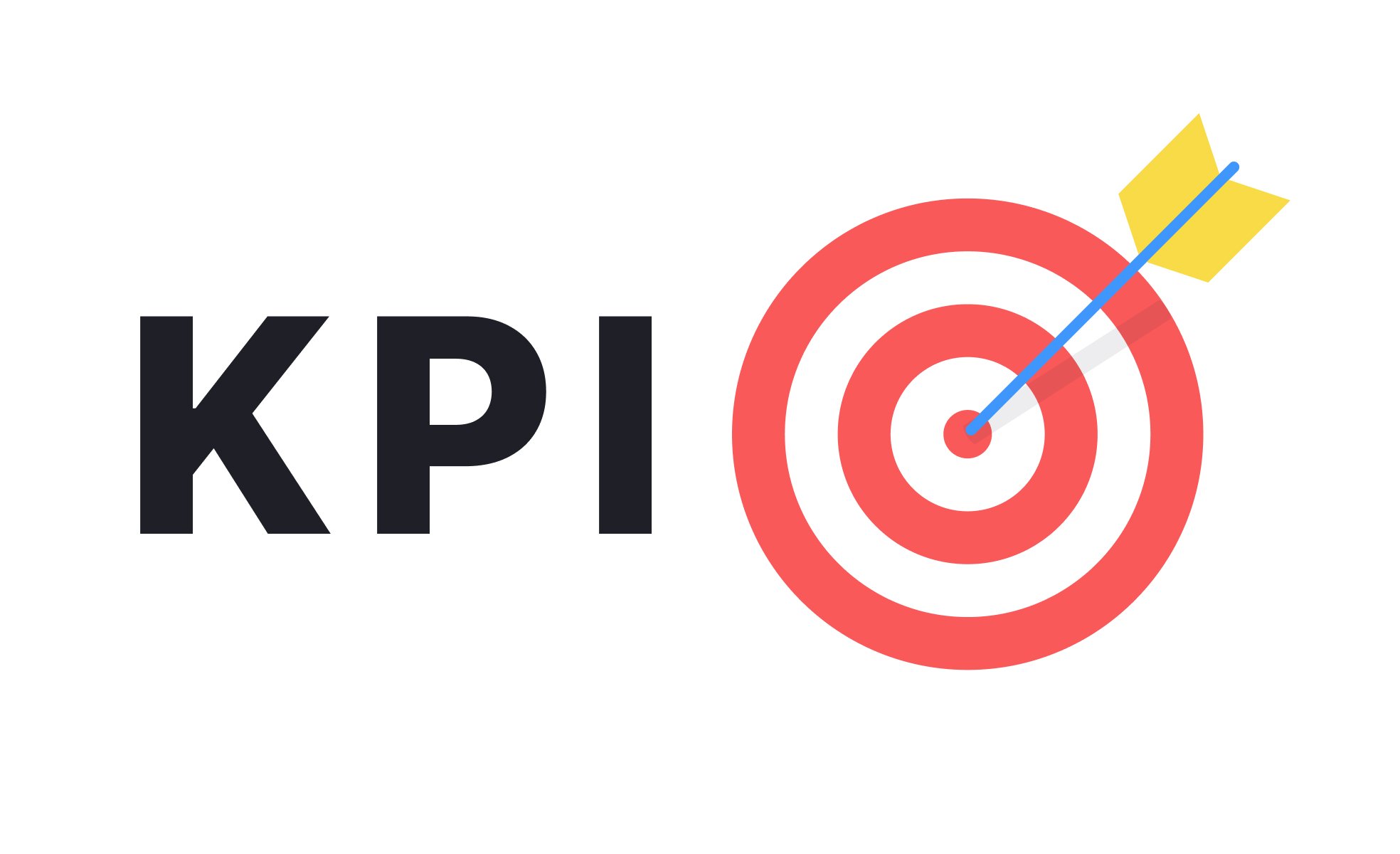The Overlooked Performance Metric That Could Be Fueling—or Derailing—Your Leadership Effectiveness
You track revenue.
You monitor quarterly targets.
You measure productivity, retention, engagement, and growth.
But here’s the question most high-performing leaders aren’t asking:
What if the most important metric you’re NOT tracking… is your sleep?
In a business world obsessed with performance optimization, we track every data point—except the one that powers them all.
Because while KPIs measure outcomes, sleep determines the quality of decisions that drive those outcomes.
The truth is, your energy, clarity, emotional resilience, and executive presence don’t start at your desk…
They start in your bed.
Sleep Isn’t a Wellness Nice-to-Have. It’s a Core Executive Metric.
Let’s break it down with research-backed insights:
Just one night of poor sleep impairs:
- Attention span by 32%
- Decision-making speed by up to 40%
- Emotional regulation by 60% (making leaders more reactive)
- Innovation and strategic thinking (due to disrupted REM sleep)
Now imagine the compounding effect of sleeping 5–6 hours per night over weeks or months.
You might still “function,” but at a fraction of your cognitive potential.
That’s not sustainable leadership. That’s underperformance in disguise.
What Happens When You Don’t Track Sleep
Let’s be honest—leaders track what they value.
So if you don’t track sleep, here’s what happens:
You Normalize Subpar Thinking
When fatigue becomes your “default,” you start accepting slow thinking, poor recall, and emotional volatility as normal.
You Make Decisions with a Tired Brain
Research shows sleep-deprived leaders are more likely to take unnecessary risks, make impulsive choices, or avoid critical feedback.
You Can’t Diagnose Energy Slumps
We monitor lagging performance metrics (missed deadlines, team friction, poor focus) without tracing them back to sleep-debt-induced cognitive decline.
The result? You waste time solving surface-level issues… while the core cause—poor recovery—goes unaddressed.
What Happens When You Track Sleep Like a KPI
When you measure sleep with intention, something shifts:
You begin to understand how energy drives performance—and how to manage it like any other business asset.
Here’s what sleep tracking gives you:
1. Better Decision-Making Data
You’ll start to recognize patterns:
- “I make sharper decisions after 7.5 hours of sleep”
- “My focus drops significantly on days after poor sleep”
That’s data you can act on.
2. Improved Emotional Intelligence
Tracking sleep makes you more conscious of your emotional bandwidth.
When you know your EQ drops after 5.5 hours of sleep, you’ll pause before a tense meeting, or reschedule a tough feedback session.
3. More Strategic Energy Management
Leaders who track sleep begin to plan their day around their energy peaks—not just their calendar.
They move deep work into windows of peak alertness. They use light breaks and naps strategically. They stop wasting time powering through fatigue.
4. Leadership Role Modeling
What gets tracked gets attention—and what leaders prioritize becomes cultural.
When your team sees you valuing sleep, you give them permission to recover without guilt.
That’s how you build a sustainable high-performance culture.
How to Start Tracking Sleep (Without Becoming Obsessed)
You don’t need to become a biohacker to make sleep data work for you. Start small:
Step 1: Choose a Method
✔️ Wearables like Oura Ring, Whoop, Fitbit, or Apple Watch offer deep insights (REM, HRV, deep sleep)
✔️ Apps like Sleep Cycle, Rise, or SleepScore offer smart tracking and coaching
✔️ Manual logging—track hours slept, energy on waking, and mood through journaling
Step 2: Choose What to Track
Start with these basic metrics:
- Total sleep duration
- Sleep quality (restless vs. restorative)
- Consistency (bedtime + wake time)
- Energy levels (rated 1–10 upon waking)
- Decision-making clarity (journal or mental notes)
Step 3: Use Data to Inform Behavior
If your performance drops after 2 nights of short sleep—adjust.
If your team sees better results when meetings start later in the day—pivot.
Sleep data isn’t just for sleep—it’s for performance, presence, and precision.
Final Thoughts: Sleep is the Most Underrated Leadership Metric You’re Not Tracking
Sleep isn’t soft.
It’s strategic.
It’s not about self-care—it’s about sustained leadership capability.
Because let’s face it:
Your strategy is only as sharp as your thinking.
Your influence is only as strong as your emotional regulation.
Your results are only as clear as your decisions—and your decisions depend on your sleep.
It’s time to stop flying blind.
Track your sleep like your career depends on it—because it does.

